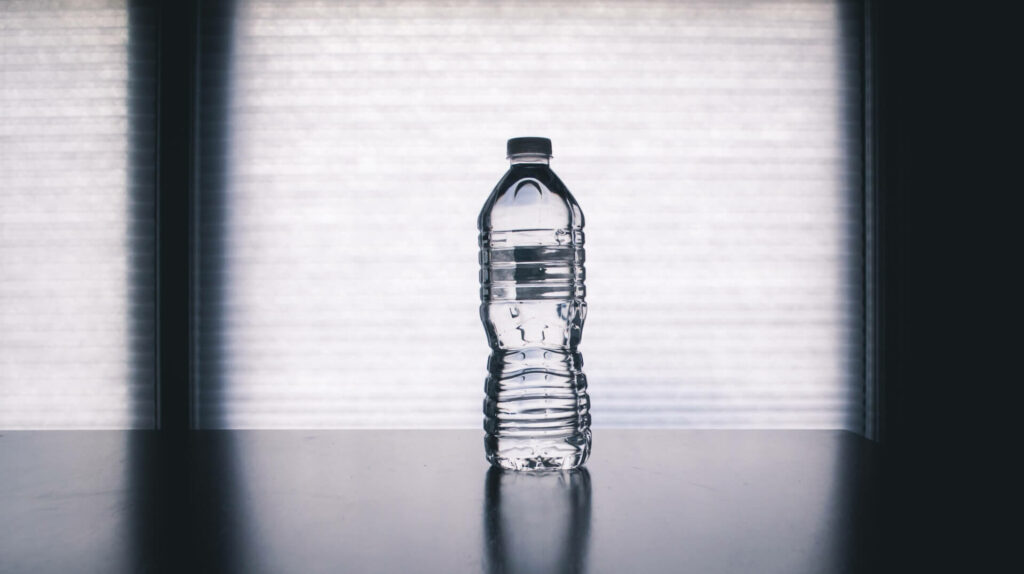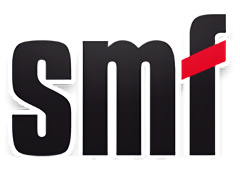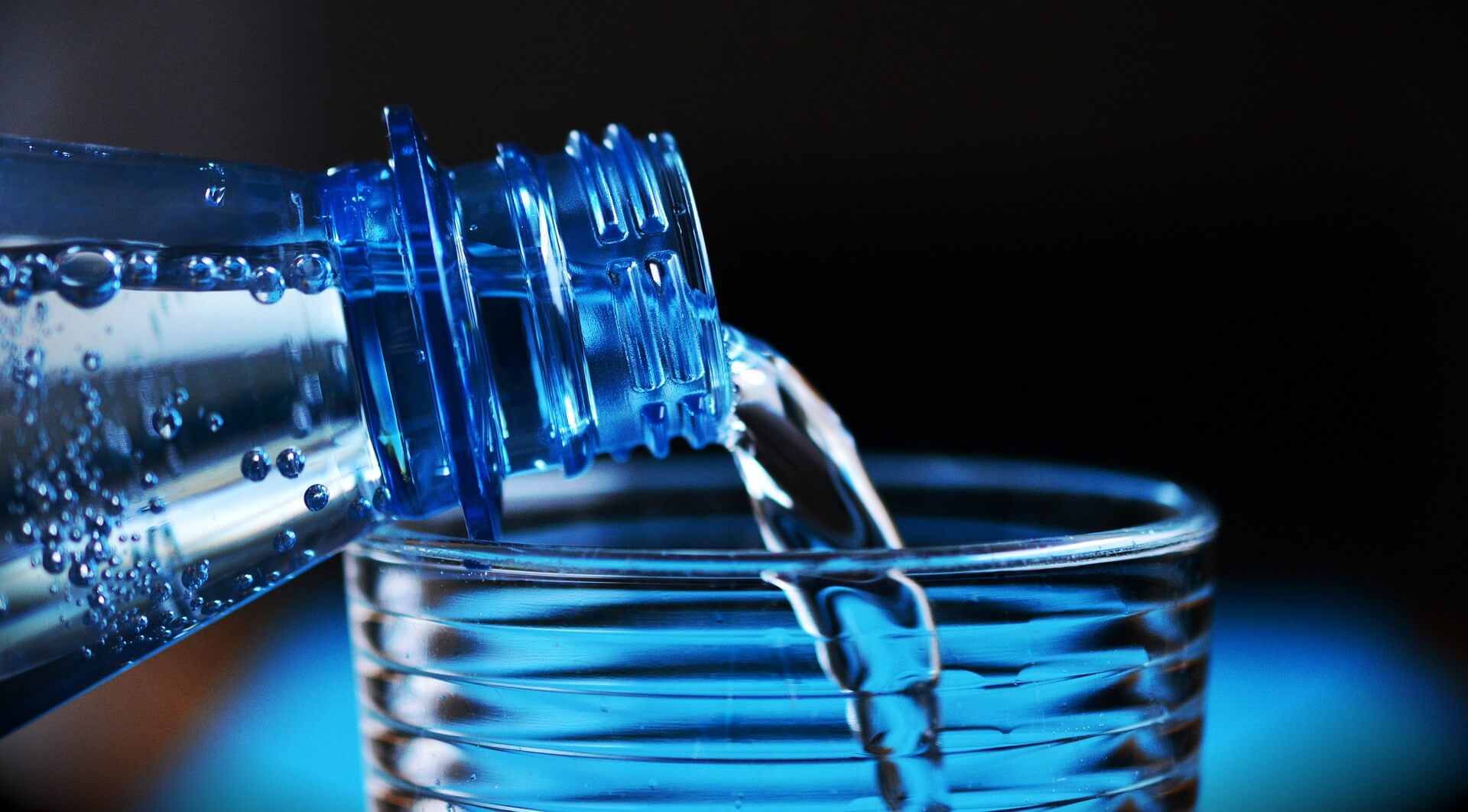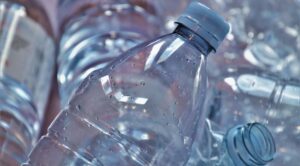The market for bottled water in the world is estimated to be worth more than 40 billion dollars. Hundreds of water bottling businesses survive and thrive all around the world from North America to Africa. With Nestle, Pepsi, and Coca-Cola posting incredible profit margins and dominating the industry worldwide.
If you’re looking to establish a water bottling plant, there are certainly opportunities in many local and global markets that can potentially be very lucrative. However, the only way to outperform the competition as a newcomer is to think creatively and develop original strategies for drawing in and retaining customers.
For individuals who are just starting, how to start a bottled water business can seem like a very daunting task. But, no matter how challenging, it is certainly not impossible. And in this article, we’ll go over all you need to know to start a water bottling company.
Steps to Start Your Own Bottled Water Business
Learning how to start a business from scratch is certainly difficult, doubly so for bottled water companies that require both specialized knowledge and specific machinery, but this step-by-step guide will help you get started.
#1 Do Market Research
The market research gives you vital knowledge about an industry and how to gain a competitive environment. It will help you learn your business prospects, what water bottling products have a potential sales market you can target, how to approach branding, and more.
Doing market research isn’t a one-off thing: From the initial process of creating your water bottle concept to putting them on the market and promoting them to customers, market research is vital at every stage of the process. As you grow your business, expand your manufacturing, and improve your products, market research is only going to become more important. Here are just some of the concrete ways market research can help:
- It helps you assess the market accurately: How competitive is the water bottling market in your region? Are there potential market openings you can exploit? How can you go about it?
- It helps you understand your customers: You may use it to figure out who your consumers are, where they are, and which demographics are most likely to buy from you. Understanding your customers is key to setting up a successful business, and this is equally true for a water bottling company as well.
- Understanding what works and what doesn’t: by doing market research, you can learn which ideas are viable and which ones are dead ends based on how other products and businesses have fared in the market. As starting a bottled water business requires considerable investment, this step is essential for success.
- Branding and product design: Market research will help you make smart choices about product packaging, branding, and promotions. Learning which bottles are most cost-effective, which ones appeal to customers more, and which ones are suitable for filling machines are all crucial parts of setting up the business.
As the business world is becoming more and more competitive, you can be certain your competitors are constantly doing market research to get an upper hand. To make sure you’re designing a competitive and profitable business, you should certainly start by doing the same.
#2 How Do Water Bottling Machines Work?
investment in specialized machinery is necessary to set up and operate a bottling business, and the size of this investment will depend on the size of your company and the scale of your operations. While you can start your business with relatively affordable and easy-to-operate machinery with a low capacity, as your business grows, so will your machinery.
Depending on what you want to fill into the bottle and the type of bottles you want to use, there is some variance in both technique and machinery, but the process is more or less the same. Whether it is mineral water, carbonated water, or some other drinks, you generally need equipment that can take care of the processes below:
A complete bottling(filling) line is a technological sequence for manufacturing containers, rinsing them, packing and capping products, applying the labels indicating the date of production and group packaging of finished products for further transportation.
- Blow molding process of PET containers.
Fully automatic machines are designed for customers interested in high advanced and reliable blower and is suitable for bottles in various shapes/concept : round, square, asymmetric, trigger , etc. The modern technology allows also to use ultra-light weight preforms and produce difficult shape bottles with highest efficiency and lowest costs. - Rinsing and Cleaning: Bottles must be cleaned before filling to prevent the product’s contamination. To eliminate possible pollutants that could gather in bottles during transportation and handling, specialized bottle cleaning equipment might be needed. The type of equipment and procedure you need will depend on the type of the product your company producing: dairy, CSD, mineral water, alcohol drinks, etc. If you are bottling regular(mineral) water, air-tight, stainless steel machinery could be enough to produce excellent bottled water. If you are bottling medicine or milk products, for example, you need more safety (asseptic) procedures to comply with laws and regulations.
- Filling: The precise sort of liquid being poured into the bottle, its composition (smooth vs. chunky), and its viscosity will determine which filling equipment is best. In addition, the choice of the liquid metering method will affect the machine selection. While some filling devices dispense a predefined fixed volume or weigh the container’s empty weight before filling to the required net weight, many filling devices keep track of the filling level instead. Thankfully, if you are offering mineral water, natural spring water, or regular water, you don’t need a complex filling machine.
- Premixing: if you’re just looking to produce regular bottled water, you don’t need to worry about this section as there’s nothing to “premix and carbonate”. But in some cases, such as with carbonated beverages (CSD), a specialized machines called a carbonator and premix, unit may be employed to prepare the beverage before filling.
Carbonator is designed to saturate the drink with carbon dioxide (carbonation)
Premix consists of a series of tanks that hold the liquid syrup and water which will be combined into the final product. A series of different operations are performed in the premix unit. Carbonated water, flavored water, and water treated with minerals and vitamins all also need premixing. - Capping and sealing: Capping and sealing refer to the process of adding the final cap to the bottle top that serves to keep the contents of the bottle contained until opened by the consumer of the product and sealing that to preserve the contents and preclude undetected tampering. There are a wide variety of cap types used in bottling operations and so different capping machines are available to support these needs.
While these processes might sound complicated and you might don’t know where to start choose the machinery for your business, things are certainly not all bad.
Reliable companies, such as German producer of high technology equipment SMF GmbH, can provide you with excellent water bottling machinery that can take care of every step of the process. We will find the best solutions for your business efficiency. Doesn’t matter if you are the big water corporation or just a small dairy factory. Contact us with your business idea and we’ll help you select the right equipment for your business model.

#3 What Are the Legal Requirements for Starting Your Own Bottled Water Business?
Establishing a business selling bottled water is profitable, but there are several regulatory criteria that must be satisfied before operations can start. These are some important legal requirements to take into account:
- Business registration and licensing: To operate a bottled water business, you will need to register your business and obtain the necessary licenses and permits. This may include a business registration, a food business license, and a permit from your local health department.
- Comply with FDA regulations: The U.S. Food and Drug Administration (FDA) regulates the safety and quality of bottled water. As a bottled water producer, you will need to comply with FDA regulations on labeling, safety, and manufacturing processes. Whether you are producing regular water, spring water, or mineral water bottles, these regulations will still apply to your business.
- Water source approval: Not only do you need to find a water source to bottle your water from, naturally, but you need to get approval for it as well. Water can be a scarce resource, especially in some countries, and its use is heavily regulated. So, getting approval for the use of a water source should be your first order of business.
- Water testing: Regular testing of the water is essential to ensure its safety and quality. You will need to test the water for contaminants such as bacteria, viruses, and chemicals. Testing should be done by a certified laboratory and the results should be made available to customers upon request.
- Environmental regulations: The bottled water industry can have an impact on the environment, so it’s important to comply with any local, regional, and central regulations related to waste management, the use of plastic containers, and water use. This will vary greatly from one country to another, so it is always important to check local laws before you make any important business decision.
- Taxation: As an owner of a water bottling plant, you will be required to pay various taxes, including income tax, sales tax, and excise tax on bottled water. There might be additional fees and taxes depending on your region as well, so you need to make sure you have a legal consultant to ensure you’re in the clear.
Water Treatment Company FAQ
Is Water a Profitable Business?
The water bottling industry generates more than 40 billion dollars each year, and the demand for bottled water is growing globally due to increasing health awareness and concerns over water quality. However, the level of competition in the market and the cost of producing bottled water are significant hurdles in front of a new bottled water business.
But that doesn’t mean entering the market is impossible: by doing research, choosing the right water treatment machines, conducting market analysis, and checking the legal requirements, you can certainly create a successful and profitable bottled water business.
Can I Bottl Own Water and Sell It?
Yes, you can bottle your water and sell it as long as legal requirements and safety regulations set by the FDA are met. You will need to ensure that the water you are bottling is safe to drink, the labeling complies with FDA regulations, and you’ve obtained all the necessary licenses and permits to operate your business. Additionally, you will need to invest in bottling equipment, packaging materials, and marketing efforts to sell your bottled water to consumers.
How Much Does It Cost to Make Your Own Water Brand?
To start your own water brand, you should expect to invest anywhere from a few thousand to hundreds of thousands of dollars. The exact cost will depend on various factors such as the source of water, production equipment, packaging materials, branding and marketing expenses, and legal and regulatory fees.
For instance, the cost of production equipment can range from a few thousand to hundred of thousands of dollars. Filtration systems, filling machines, labelling and packing equipment can also add to the cost. Packaging materials such as bottles, caps, and labels can range from 10 to 50 cents per bottle depending on the material used. Thankfully, at SMF, we offer very affordable, reliable, and scalable filling machines that make starting your own water brand easier. Contact us and learn how we can design a water filling plant for you.





